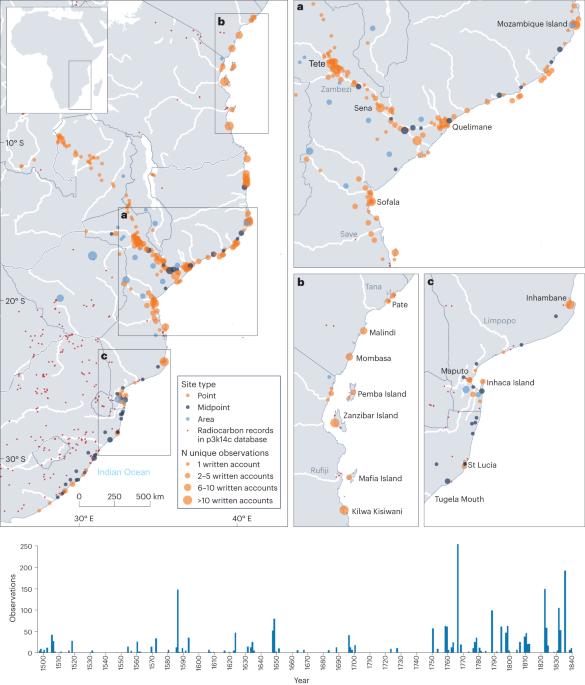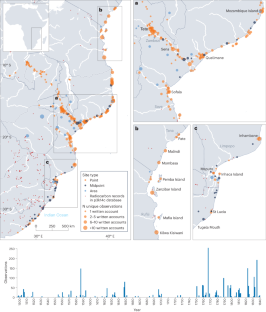Deep histories of food systems in eastern Africa and current patterns of food insecurity
IF 23.6
Q1 FOOD SCIENCE & TECHNOLOGY
引用次数: 0
Abstract
Central to successful attempts to address food insecurity in Africa are understandings of the historical contexts and meanings of food systems. However, much research into current challenges remains separated from deeper agrarian and alimentary histories. Using qualitative data on food within the historical record alongside the wider multidisciplinary record of the past, this Review traces long-term patterns and drivers of continuity and change in eastern African food systems. Considerable dynamism in place-based and regional trends in the integration of new foodstuffs, agricultural commercialization, resistance and transformations in diets, and diversification and specialization as livelihood strategies is found—each of which emerged within imbricated contexts of African agency, transoceanic exchanges and colonial incursions. Such historical data provide important deep-time perspectives for interventions to address modern food insecurity, as demonstrated through examples of agricultural value chains, ‘under-utilized’ crops and major infrastructure projects in southeast Africa. The relevance of history to contemporary food security issues is often overlooked, yet context is key to understand drivers of vulnerability and to design interventions. This Review offers a historical account of eastern African food systems from 1497 to 1840, including maps, documentary sources and archaeological data on foodstuffs, farming and diets.


东非粮食系统的深刻历史和当前粮食不安全的模式。
成功解决非洲粮食不安全问题的关键是理解粮食系统的历史背景和意义。然而,对当前挑战的许多研究仍然与更深层次的农业和饮食历史分开。本综述利用历史记录中的粮食定性数据以及过去更广泛的多学科记录,追踪了东非粮食系统连续性和变化的长期模式和驱动因素。在新食品的整合、农业商业化、饮食的抵抗和转变以及作为生计战略的多样化和专业化方面,基于地方和区域的趋势具有相当大的活力——每一个都出现在非洲机构、跨洋交流和殖民入侵的错综复杂的背景下。这些历史数据为解决现代粮食不安全问题的干预措施提供了重要的深层次视角,例如农业价值链、“未充分利用”的作物和东南部非洲的重大基础设施项目。
本文章由计算机程序翻译,如有差异,请以英文原文为准。
求助全文
约1分钟内获得全文
求助全文

 求助内容:
求助内容: 应助结果提醒方式:
应助结果提醒方式:


